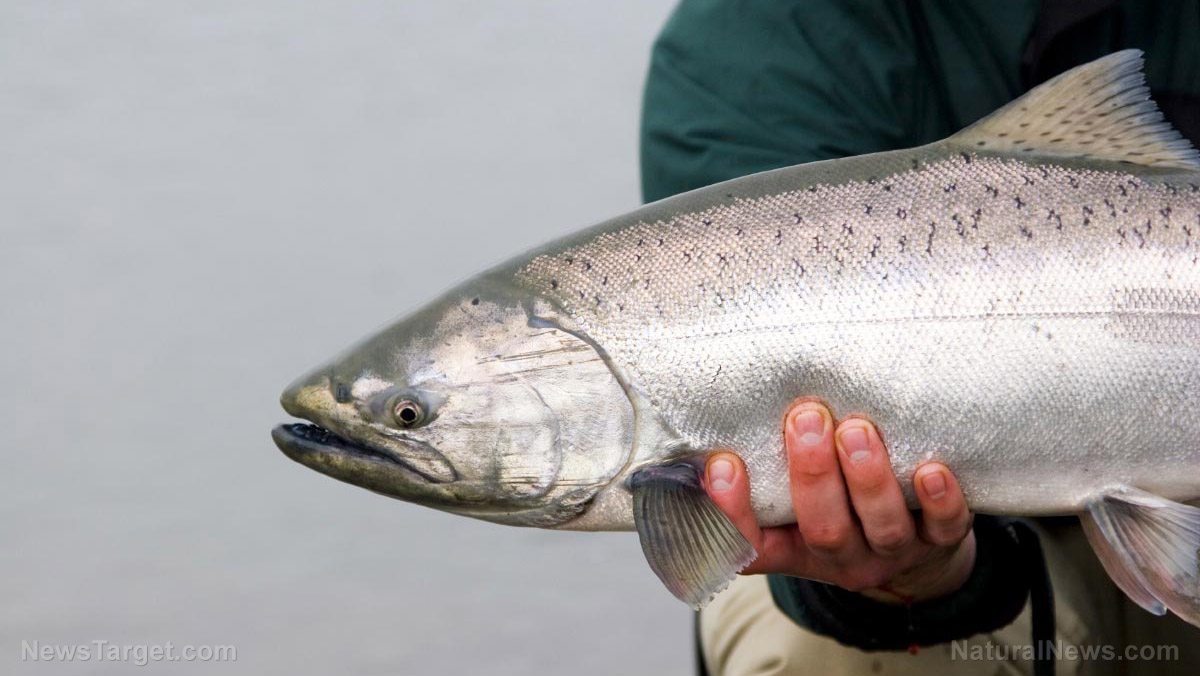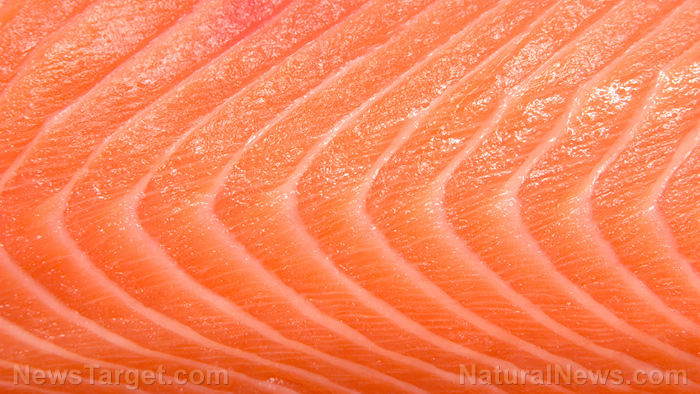CORONAVIRUS: Is China paying the price for extreme animal cruelty?
01/27/2020 / By Ethan Huff

If you’ve been following the progression of the coronavirus outbreak, then you likely know that authorities are blaming tainted meat sold at the Wuhan, China, Huanan Wholesale Seafood Market for causing it. This market, in case you didn’t know, sells all sorts of “exotic” meats derived from rodents, as well as from animals that most people consider to be pets, not food – and many of these animals undergo extreme abuse before being slaughtered for their meat.
As you can see from the animal meat visual presented at this link, the Huanan Wholesale Seafood Market sells not just the usual meats like chicken, pork and beef, but also meat derived from foxes, koalas, dogs, scorpions, snakes and horses. Other reports also say that the meat of wolves, bats, and rats is sold at this market as well.
While the media is mostly focusing on the gross factor associated with eating rodent meat, which can harbor all sorts of infectious diseases, what they’re not diving into is the horrific lives that the more sentient animals have to endure before being carved up and consumed by the Chinese.
More than 10 million dogs and four million cats are slaughtered every year in China, and many of these are family pets that unscrupulous Chinese traders steal and force into cages before later slaughtering them and selling their meat.
Reports indicate that many of these dogs and cats have their limbs broken as they’re stuffed into these cages, and are transported very long distances without being given any food or water. When they arrive to meat markets like the one in Wuhan, these poor animals are often injured, dehydrated and exhausted, and are forced to watch other dogs and cats in terror be bludgeoned to death or tossed alive into boiling water to remove their skins.
Such horrific practices take place every day in China, which has some people asking themselves: is coronavirus a type of divine payback for this extreme animal abuse?
Yulin, China, actually holds an annual “Dog Meat Festival” to celebrate canine consumption
If you can even believe it, there’s a city in China known as Yulin that holds an annual “Lychee and Dog Meat Festival” to celebrate the eating of dog meat. And, sadly, the number of dogs slaughtered at this event represents just 0.01 percent of the total Chinese dog trade, which occurs all across the country.
“The dog meat industry has long claimed that it farms dogs for their meat, boasting more than 100 registered ‘dog meat farms,'” reports the group Animals Asia.
“But in 2015, a four-year undercover investigation by Animals Asia into the Chinese dog meat trade exposed these claims as false. None of its registered ‘farms’ had more than 30 dogs on-site and such small scale operations cannot possibly meet such a demand.”
In other words, China is lying about how many dogs it’s abusing and killing so their meat can be harvested and sold at a premium. It’s these and other horrific practices taking place in China that suggest coronavirus might just be the beginning of sorrows for China, so to speak.
Other abused animals sold in China for their meat include civets, which are similar to cats. Civets, along with rats and bats, are considered to be a delicacy throughout China, as well as in other nearby Asian countries.
“Poorly regulated, live animal markets mixed with illegal wildlife trade offer a unique opportunity for viruses to spill over from wildlife hosts into the human population,” reads an official statement from the Wildlife Conservation Society about China’s filthy and abusive animal meat underground.
To keep up with the latest coronavirus news, be sure to check out Outbreak.news.
Sources for this article include:
Tagged Under: Animal abuse, animal cruelty, animals, China, communism, coronavirus, cruelty, dog meat, Huanan Wholesale Seafood Market, outbreak, tainted, Twisted, virus, Wuhan
RECENT NEWS & ARTICLES
COPYRIGHT © 2017 FOOD SCIENCE NEWS


















